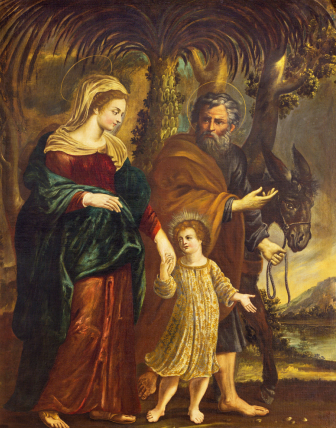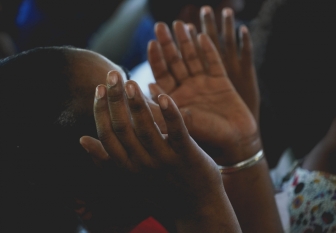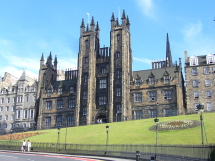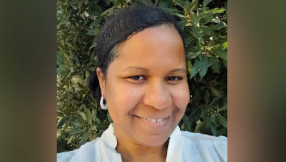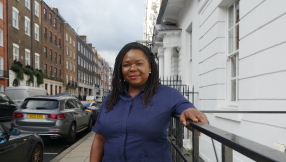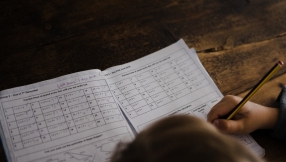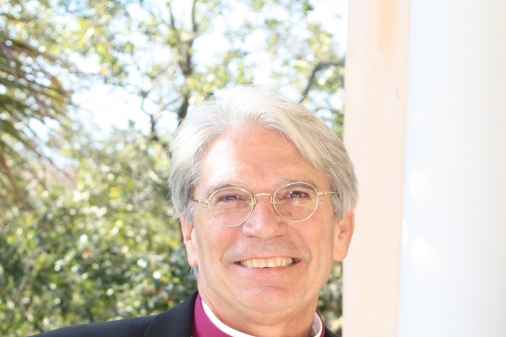
A conservative breakaway Anglican diocese in the US has won a court battle to keep more than $500 million worth of church property.
The Episcopal Church (TEC) has no claim on the property of the Diocese of South Carolina or its churches, according to Circuit Court Judge Diane Goodstein.
She wrote in her decision this week that the conservative diocese and its parishes are "the owners of their real, personal and intellectual property" and that the national church has no legal interest in the properties.
The diocese and its 36 parishes, headed by Bishop Mark Lawrence, split from TEC in 2012 over theological issues including the long-running controversy over homosexual relationships, ordinations and consecrations. The diocese then went to court in order to safeguard the use of the diocesan name and in an attempt to keep its property and the three-week trial, with testimonies from more than 50 witnesses, took place last year.
Among the churches that went were historic parishes such as St Michael's and St Philip's in Charleston.
Bishop Lawrence said in a statement: "This has never been about exclusion. Our churches, our diocese are open to all. It's about the freedom to practise and proclaim faith in Jesus Christ as it has been handed down to us. We're ready to move forward and grateful for Judge Goodstein's handling of the case."
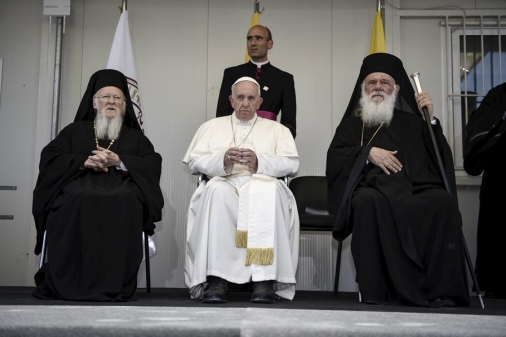
The congregations that remained behind formed the Episcopal Church in South Carolina which is still part of the worldwide Anglican Communion.
During the trial, the diocese demonstrated that it existed long before TEC was established and that it was one of the dioceses that founded the province in 1789. It also proved that every diocese is free to associate with a denomination of its choosing.
The judge in her decision stated that "the Constitution and Canons of TEC have no provisions which state that a member diocese cannot voluntarily withdraw its membership."
The ruling found that had there been such a provision, it would have violated the Diocese's "constitutionally-protected right" to freedom of association. "With the freedom to associate goes its corollary, the freedom to disassociate," the judge said.
The court also issued a permanent injunction protecting all the diocese's names and marks as well as those for the parishes of St Philip's, St Michael's, and the parish church of St Helena.
Lead Counsel for the Diocese, Alan Runyan, said that the decision is completely consistent with both South Carolina and United States Supreme Court precedent involving church property disputes.
The decision ends the latest of many legal battles TEC has fought in its effort to shore up the denomination. Since 2003, TEC has lost 17.4 per cent of its members and experienced a reduction of nearly 24 per cent in average Sunday attendance. In the last few years, the denomination has spent close to $40 million on lawsuits to prevent dioceses from leaving and to seize the property of congregations that did.
In 2013 the Diocese of South Carolina joined the global Fellowship of Confessing Anglicans and entered into a formal relationship of Provisional Primatial Oversight with Global South primates.
TEC lawyers said they will appeal.
"We are considering all the issues raised by the Court Order and plan to recommend to the Church to engage the appeal process as appropriate," said diocesan Chancellor Thomas S. Tisdale. "The result of the recent trial was not unexpected and road ahead in the judicial system is clear to us."
